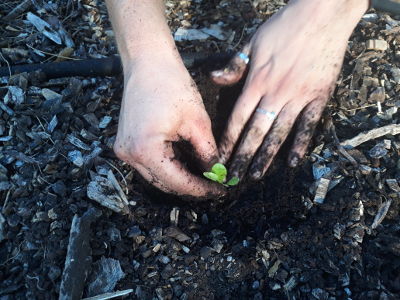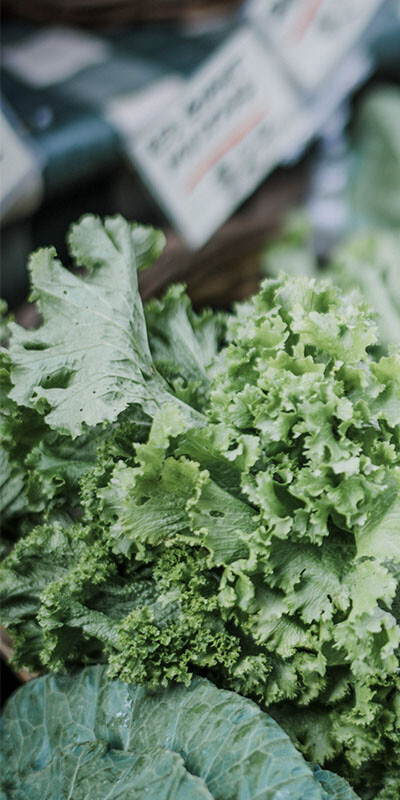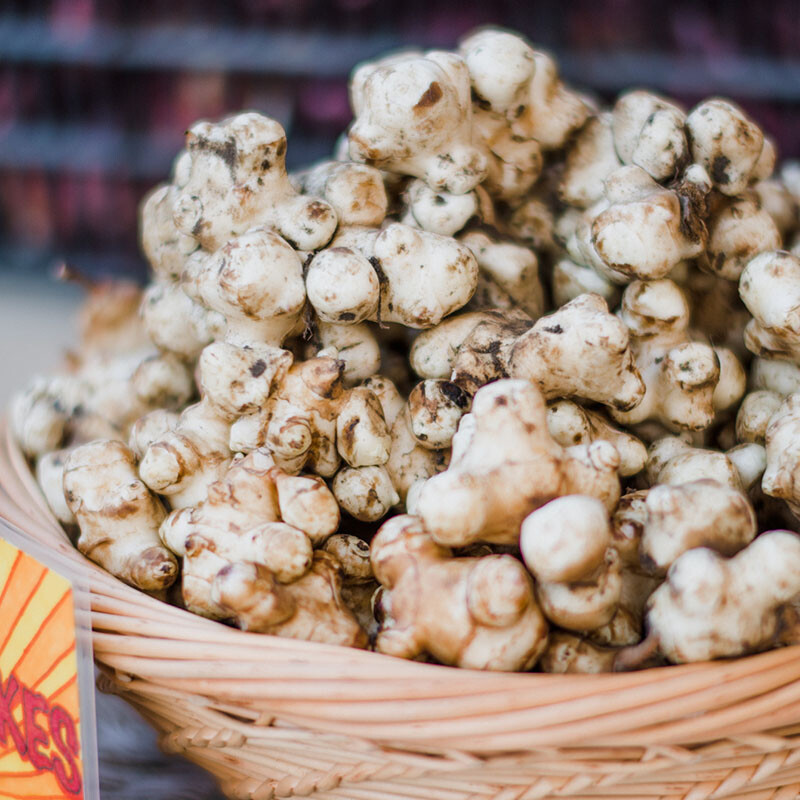Research Center Introduction

Research Garden
Food Growing is innovation, inventing, maintaining, building, fixing, nourishing and developing. And when you are a training center wanting to help communities feed themselves and thrive, gardening is also anthropology, social sciences, and hard sciences.
It is where the rubber meets the road as we train trainers to help without hurting.
From Field to Plate
Local Farmers & Sustainable Agriculture
The Research Training Center began in 2006 when a group of feral pigs were caught and fenced-in to clear a patch of land on an undeveloped, overgrown part of campus. The hope was to develop a demonstration and training site for regenitive gardening principles. These ideas would be taught to students and staff who would then teach others and thus multiply knowledge that could help people grow their own nutritious food.
A small staff began to implement principles learned from “Korean Natural Farming” for vegetable production and animal care on a site with volcanic rock overlain by very shallow soil. Training has been an emphasis, and examples of building and maintaining healthy soil as well as growing crops and animals without synthetic chemicals (organic like) have gradually been developed. An aquaponics facility was added in 2009, and a food forest (demonstrating features of permaculture design) was added in 2012.
Food never tasted so good since planting and breeding, tending and harvesting, sweating and enjoying getting dirty with soil I made.
The Garden
Using raised beds for vegetable production we have about 400 ft sq of beds. We have grown many species in the garden but have refined the focus to crops needed in the campus cafeteria (lettuce, bok choy, kale, arugula, and mint), while still learning by growing small amounts of different tropical species.
Container Growing
As urbanization continues to draw more people to cities, growing food in small spaces has become a more common concern. Various types of container gardens are demonstrated and included as subjects of training. Many of these approaches are valuable in urban agriculture. .
Food Forest
Ben can we have a blurb please.
Container Growing
As urbanization continues to draw more people to cities, growing food in small spaces has become a more common concern. Various types of container gardens are demonstrated and included as subjects of training. Many of these approaches are valuable in urban agriculture. .




